“No matter how much you give, but how much love you put into giving.” – Mother Teresa of Calcutta
Something sets us apart as a species, as the humans we are: our deep desire to belong, first to our family, then to school, the neighborhood, the community, and beyond. The truth is, we are social beings, and deep down, we want to feel connected. Even if we can’t put it into words, we want to feel loved and give love to our loved ones.
Touch
How we build these relationships and feel connected begins, I believe, even before birth. But it’s with birth that physicality and corporeality lead us to seek connection through the most basic sense: touch.
The skin, our body’s largest and most sensitive organ, holds a memory of how we were touched. The sense of touch is the first one that develops in the human embryo.
The First Language
Anthropologist Ashley Montagu explains in his book “Touch” how we can survive without other senses, but we cannot survive without being touched.
Dr. Emmi Pikler explains that when there are no words, there is movement. I would add that when there are no words or movements, there is touch. Thus, it becomes the first language. When there is no other way to communicate, there is always physical contact, there are sensory experiences on the skin.
Old Anna
Montagu tells the story of the 19th century when more than half of the babies under 1 year old died from a disease called “marasmus,” also known as infantile debility or atrophy. He recounts the story of Dr. Fritz Talbot from Boston, who, during a trip to Germany, a country he had visited before World War I, imported the idea of “Tenderness, Affection.” During his stay in Germany, Dr. Talbot visited the infant clinic in Dusseldorf; Dr. Arthur Schlossmann, the center’s director, showed him the wards. They were neat and tidy, but what piqued Dr. Talbot’s curiosity was an obese elderly woman carrying a tiny baby on her hip. “Who is she?” Dr. Talbot asked, and Dr. Schlossmann replied, “Oh, her. She’s Old Anna. When we’ve done everything medically possible for a baby and there’s still no improvement, we turn to Old Anna, and she never fails.” It was concluded that one of the factors of marasmus was the lack of maternal love, care, skin-to-skin contact, and affection.
Touching with the Intention of Love
Personally, I don’t believe it means being attached to the baby 100% of the time, although if someone wants to, it can be very beautiful. For me, it means touching with the intention of love. That hugs, cuddles, massages become commonplace in the home, regardless of whether it’s for 10 minutes or an hour. What matters most is that it exists and that children feel loved and comforted. As Mother Teresa of Calcutta said, “No matter how much you give, but how much love you put into giving.” My greatest wish is for everyone to become that Old Anna.


